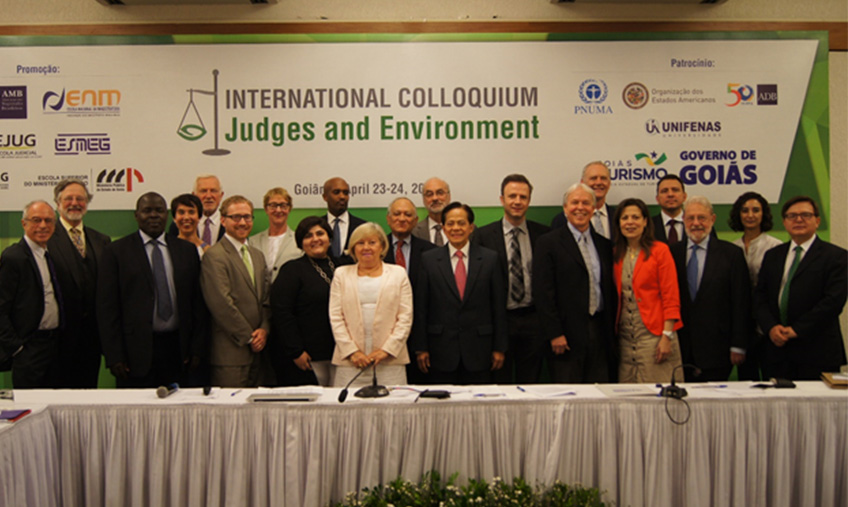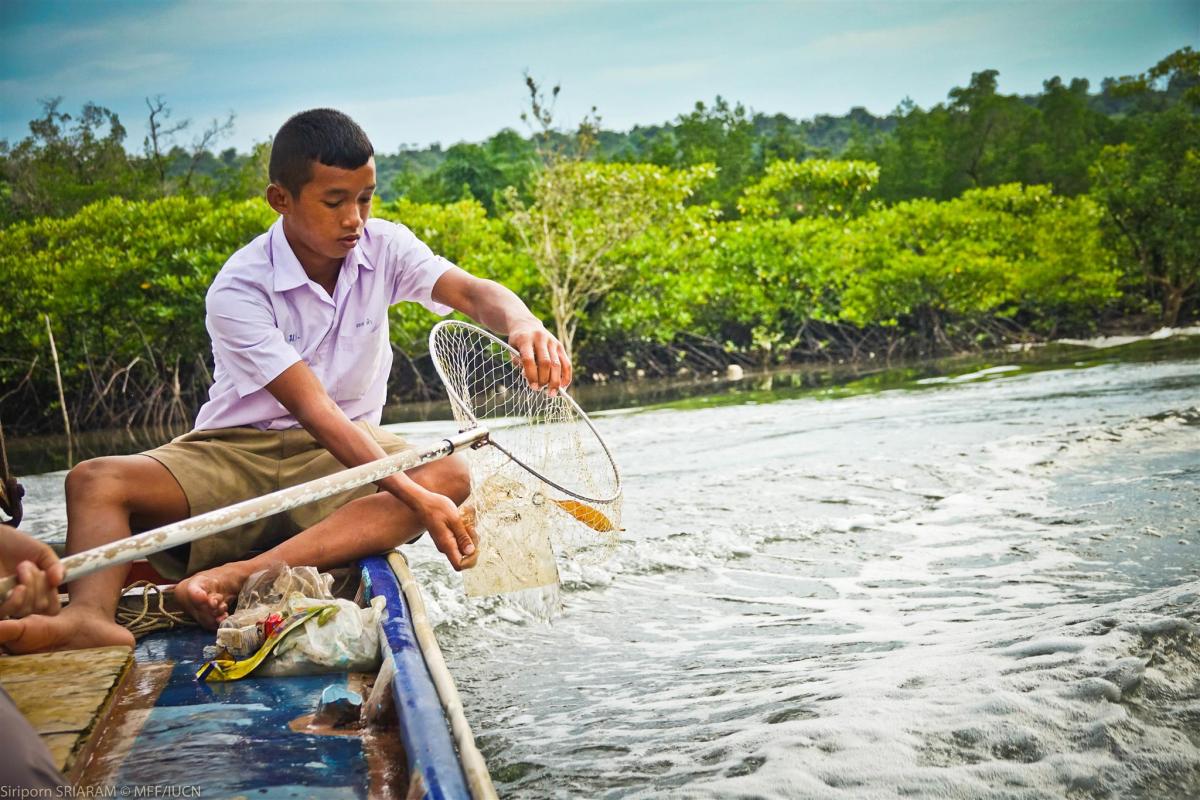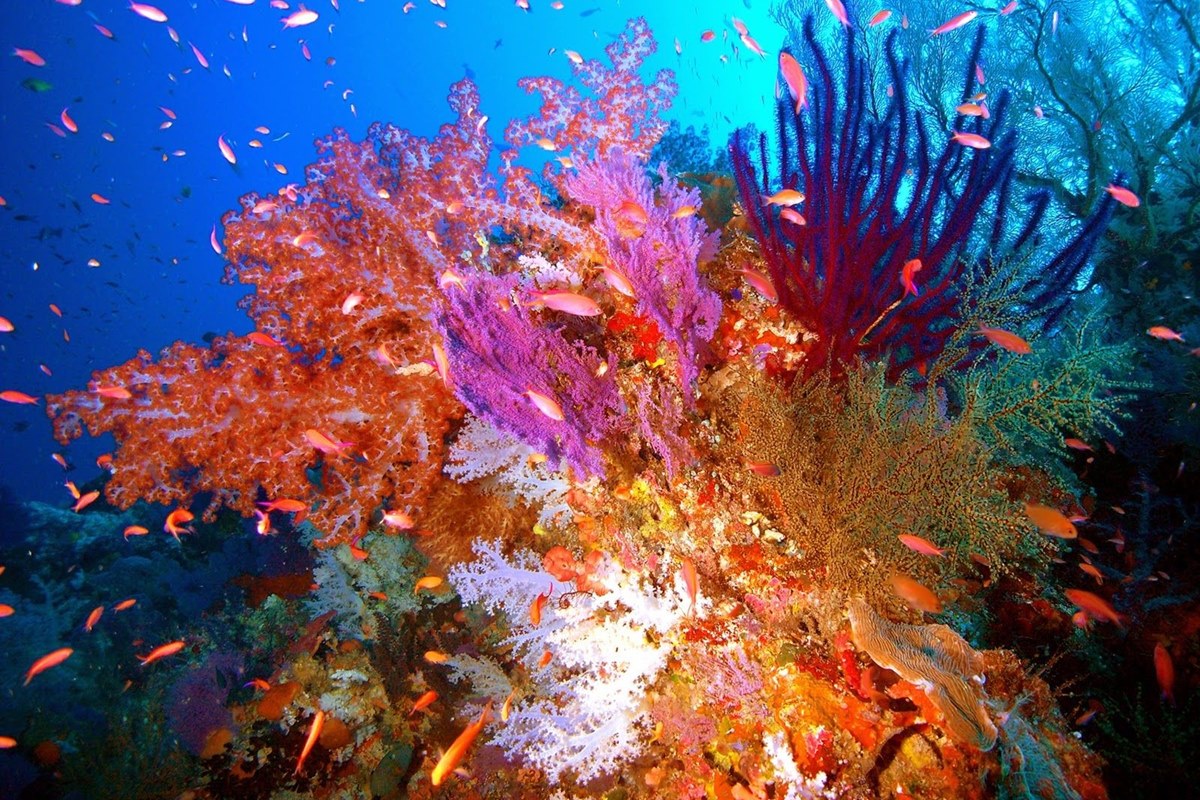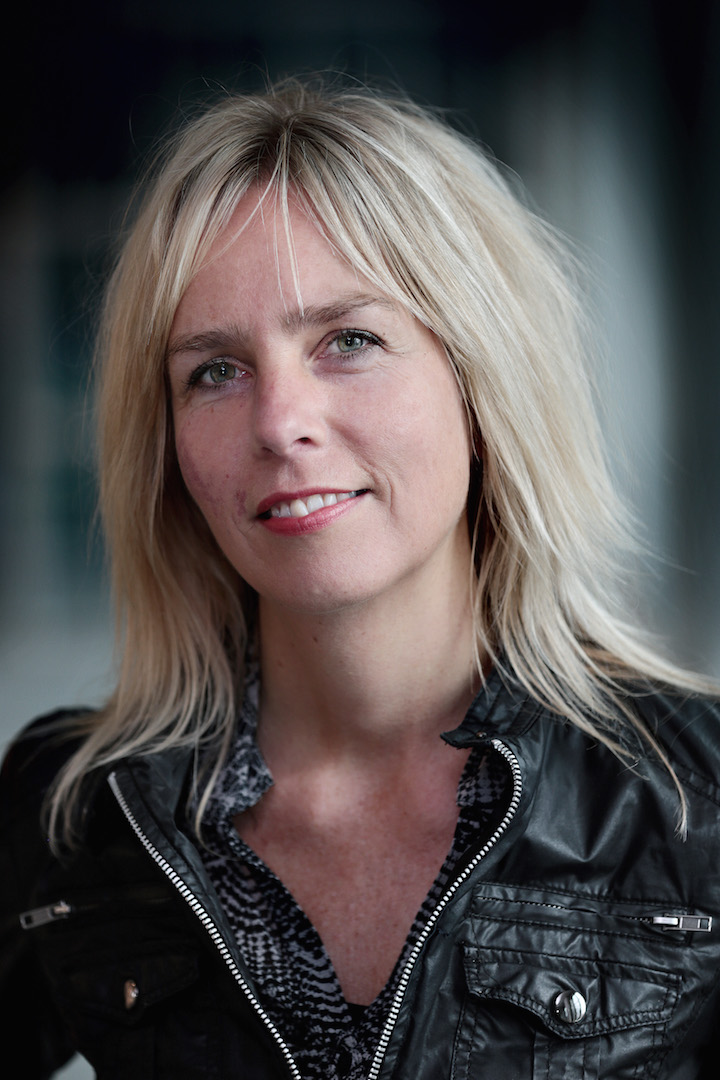Judges Establish the Global Judicial Institute for the Environment
Coinciding with the 1st IUCN World Environmental Law Congress, judges from 15 different countries gathered in Brazil in April 2016 for the inauguration of the Global Judicial Institute for the Environment (GJIE). On April 23-24, 2016, judges and other environmental law experts came together to prepare a Charter for the Global Judicial Institute for the Environment, laying out the mission, objectives, activities, and structure for the GJIE.

Photo: Colloquium Judges and Environment, Brazil, April 2016
The first official meeting of the Institute took place during a session of the IUCN World Environmental Law Congress held at the Supreme Court of the State of Rio de Janeiro, in the city of Rio de Janeiro, Brazil, on April 29, 2016. This session included an esteemed gathering of judges, whom signed the Charter and officially launched the Institute.
The GJIE follows the mission of supporting the role of courts and tribunals in applying and enforcing environmental laws and in promoting the environmental rule of law and the fair distribution of environmental benefits and burdens. Recognizing that judges play a critical role in responding to the pressing environmental crises Earth faces - such as biodiversity loss, climate change, and water security - the GJIE, as various national and international organizations, seeks to develop and enhance the capacity of judges to exercise their role in environmental matters through the effective implementation, compliance and enforcement of the law.
Composed of actively sitting judges from around the world and led by an elected council of judges to direct and oversee activities, the GJIE will provide opportunities for exchanging information, create partnerships for collaboration, strengthen capacity, and provide research and analysis on topics important for environmental adjudication, court practices, and environmental rule of law.
Key activities of the GJIE include:
- Judicial capacity buiding
- Technical assistance
- Education programs
- Online knowledge-exchange and -sharing for judges.
Over the next several months, with the adoption of the GJIE Charter, a committee of judges will continue to work on establishing the structure of the Institute in order to enable it to begin fulfilling its mission. The formation of the GJIE represents an important step forward for ensuring environmental justice and the effective implementation of laws, policies, and constitutional provisions on environmental protection.
In September 2016, a Colloquium of Judges will meet in the Supreme Court of Hawai’i during the IUCN World Conservation Congress to discuss themes including the role of judges in the protection of climate, forests, and oceans.
For further information about the 1st IUCN World Environmental Law Congress and to see the Charter of the Global Judicial Institute for the Environment, visit the website here.



